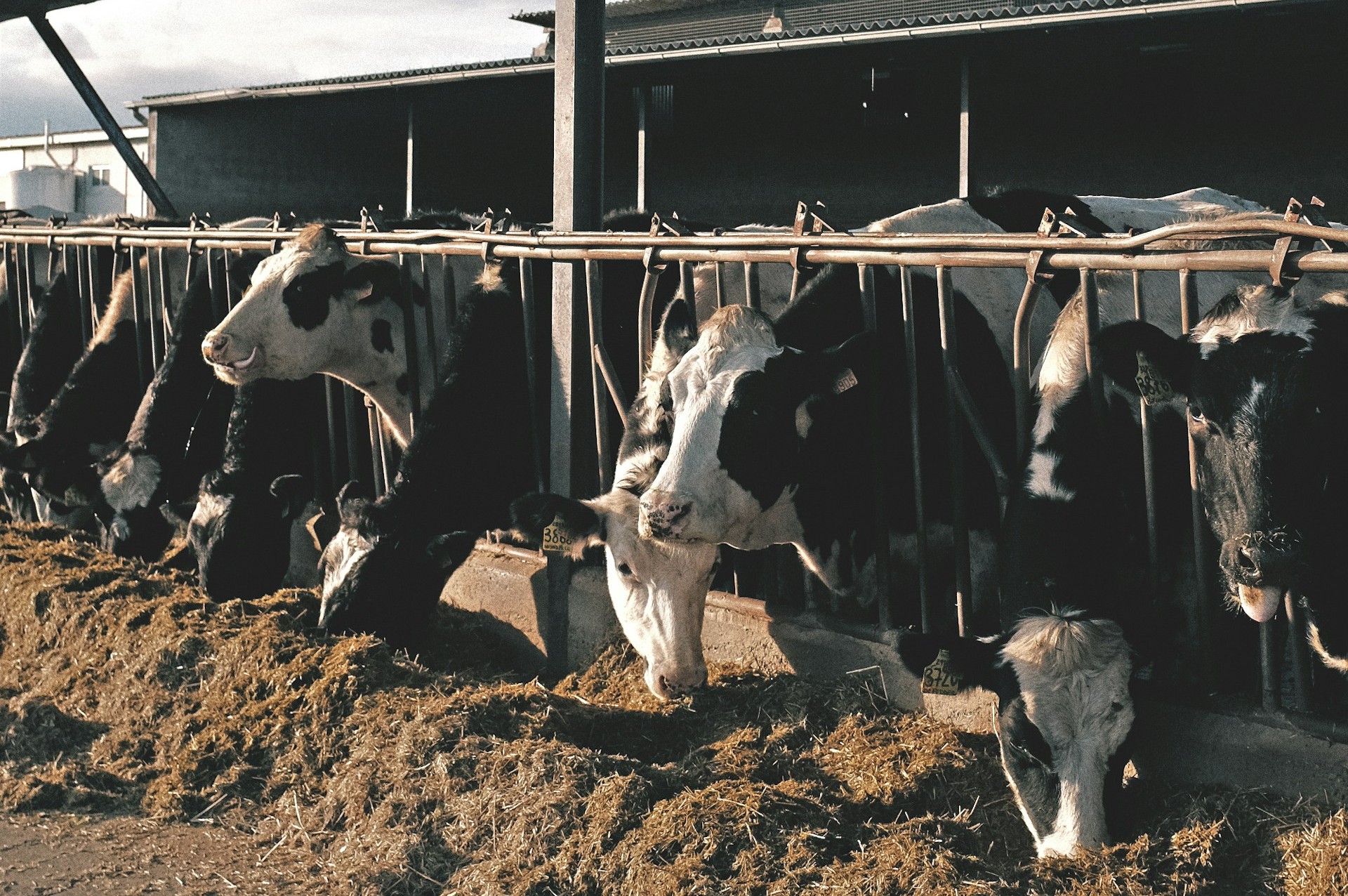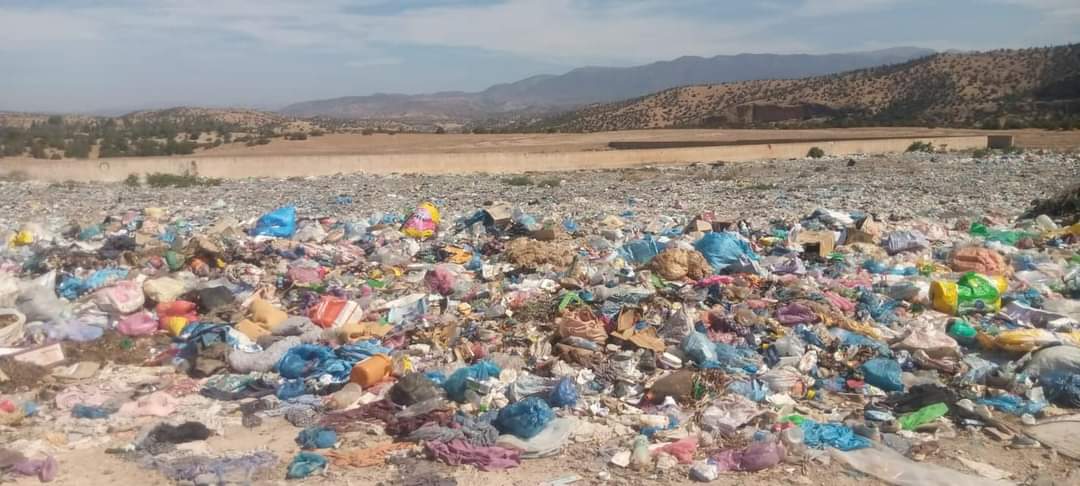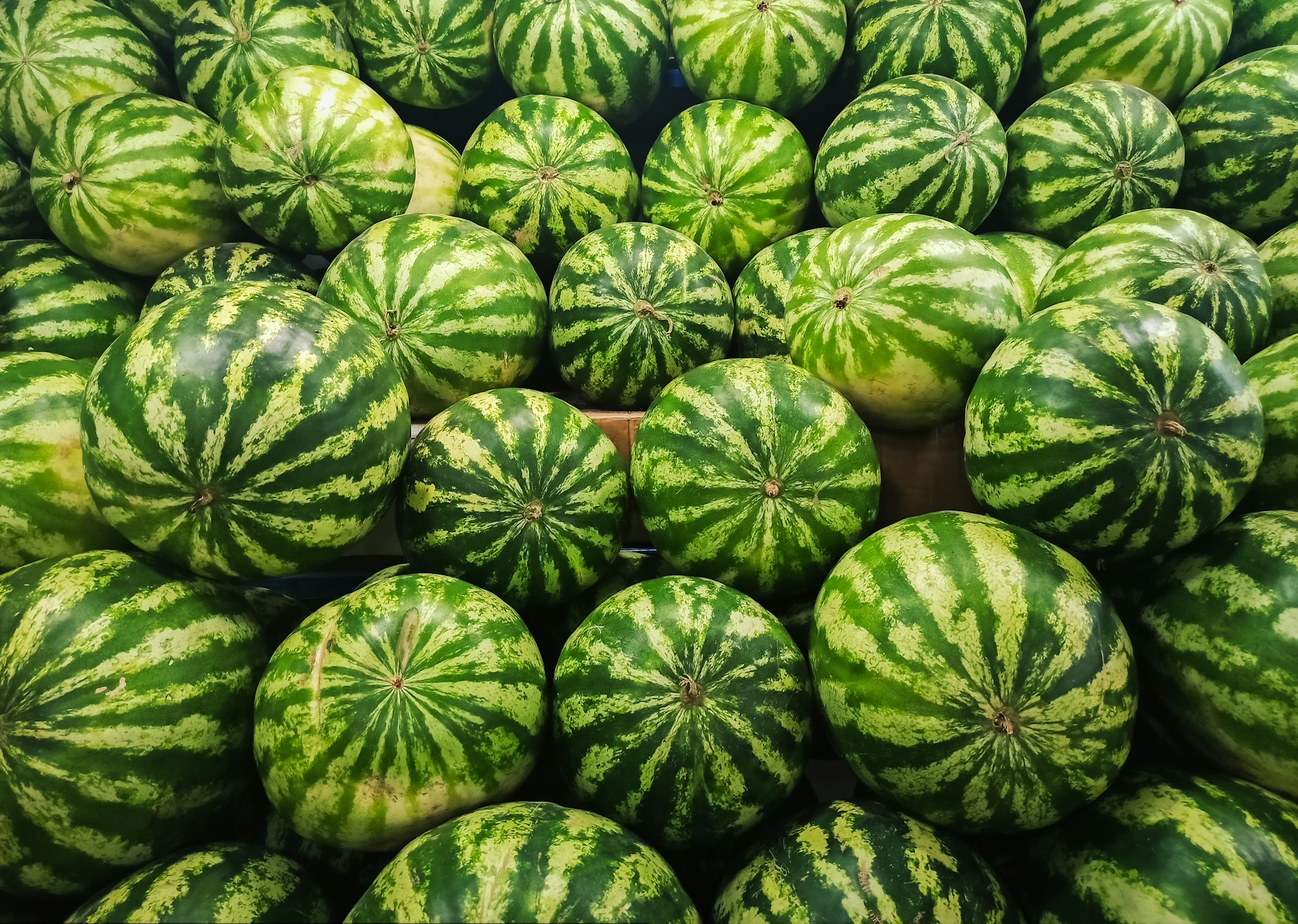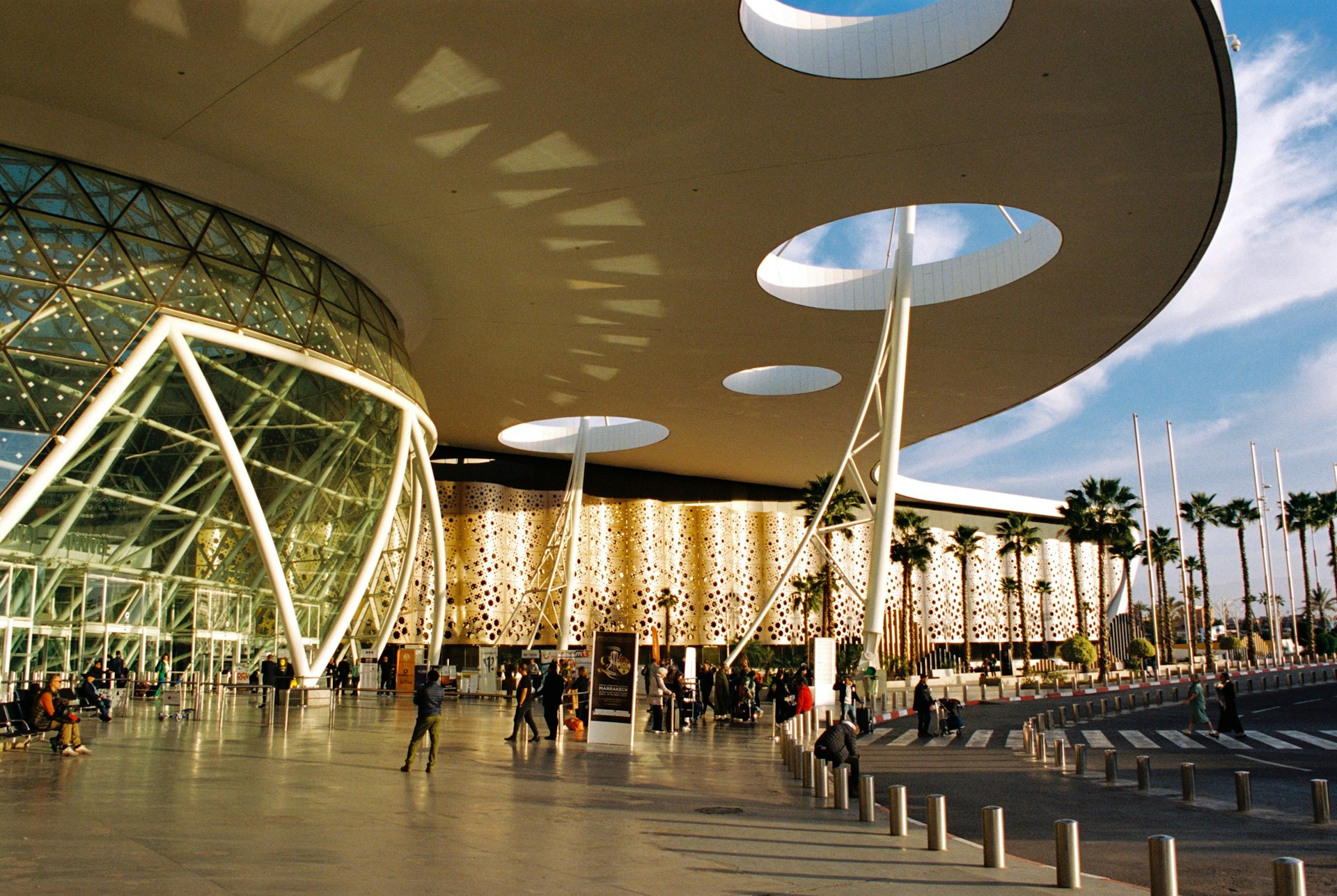Casablanca – Morocco has emerged as one of the top global importers of live Brazilian cattle, marking a significant development in the agricultural trade relationship between the kingdom and the South American powerhouse. Official figures from Brazil’s agricultural consultancy Scot Consultoria confirm that Morocco ranked third globally among importers of Brazilian cattle in May 2025, spending over $16 million on imports exceeding 14,000 head of cattle.
This performance coincides with a record-setting month for Brazil, which exported more than 111,000 head of live cattle in May—the second-highest monthly total in its history. The increase was driven by strong international demand, with Turkey and Lebanon taking the top two spots, importing cattle valued at $42 million and $18 million, respectively.
Trade volume and origins
The cattle imported by Morocco came mainly from the Brazilian state of Pará, which led all exporting states with over 61,000 head shipped in May. Rio Grande do Sul followed with around 45,000 head exported. A smaller but notable share of Moroccan imports came from the state of Tocantins, where animals are known for their superior size and quality.
According to the same source, Morocco paid higher-than-average prices for cattle from Tocantins, with costs reaching $3.08 per kilogram. This reflects Morocco’s preference for heavier and higher-quality livestock, suitable for immediate slaughter or rapid fattening.
Weight and quality preferences
Brazilian cattle sent to Morocco were the heaviest on average, with an individual weight of 529.3 kilograms per head. This figure surpassed those for exports to Lebanon (506.2 kg) and significantly exceeded the average weights of cattle shipped to other large importers such as Turkey (306.2 kg) and Iraq (322.1 kg), especially from the state of Rio Grande do Sul.
This focus on heavier animals underscores a trend in Morocco’s livestock import strategy—favoring cattle that are ready for slaughter or require minimal finishing. The approach is likely aimed at addressing both the growing domestic demand for red meat and volatility in local production caused by climatic and economic challenges.
Strategic and commercial dialogue
As part of its effort to deepen trade cooperation, a Moroccan delegation of stakeholders from the livestock and meat industries visited São Paulo last week to hold bilateral meetings with Brazilian producers and exporters. These discussions focused on expanding commercial ties, improving logistical coordination, and exploring long-term supply agreements.
According to participants, Moroccan industry representatives expressed strong interest in establishing stable and sustainable sourcing channels for Brazilian livestock. They also praised the Brazilian livestock sector’s adherence to health, nutrition, and safety standards, which align with Morocco’s import requirements.
Regional and market context
Brazil’s live cattle export market continues to grow amid intense global competition, especially from markets in the Middle East and North Africa. However, Morocco’s recent rise in import volume signals its increasingly strategic role in the international livestock trade.
For context, while Iraq and Egypt imported cattle worth $14.5 million and $11.2 million respectively during the same period, Morocco’s $16 million import bill places it ahead of both, reflecting both a shift in sourcing priorities and policy interest in trade diversification.
Brazilian cattle exports also appear to be gaining momentum in June, with preliminary data indicating shipments of over 45,000 head by the third week alone, including nearly 28,000 head exported in a single week—suggesting continued international demand well into the second half of the year.
Looking ahead
Analysts believe Morocco is likely to maintain and expand its presence among Brazil’s top cattle importers, particularly as it seeks to ensure food security, stabilize domestic meat prices, and offset production shortfalls caused by drought and other structural issues in its agricultural sector.
The competitive pricing of Brazilian cattle, combined with consistent supply and adherence to international standards, makes Brazil an attractive trade partner. With formal dialogue between producers and importers underway, the groundwork is being laid for long-term partnerships that could reshape the livestock trade dynamics between Latin America and North Africa.
As Morocco continues to explore new sourcing strategies and strengthen its food supply chains, the agricultural relationship with Brazil is expected to play a central role in its efforts to modernize and secure its red meat market.
















